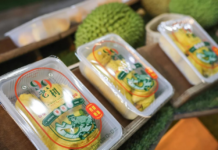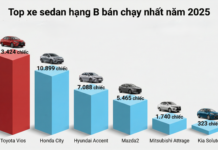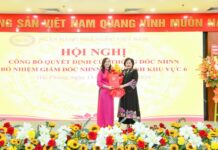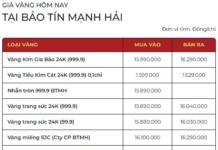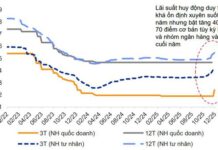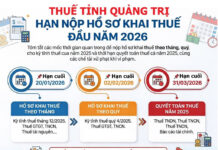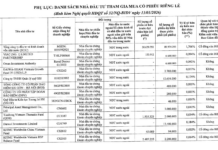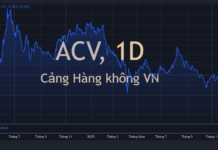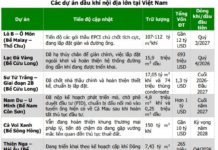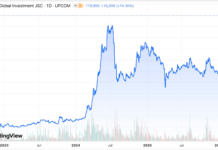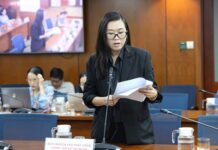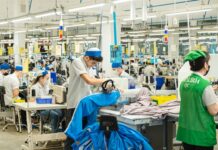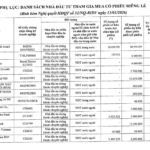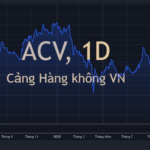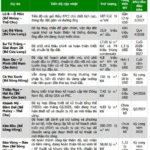Taxing Plastic Bag Production: A Step Towards Environmental Conservation
Mr. Nam, an expert in the field, notes that the Vietnamese market for eco-labeled products is currently very limited. In contrast, Japan’s eco-labeled products and services market was valued at over $44 billion in 2016, and its scale has undoubtedly expanded significantly since then. In Vietnam, only about 100 products from a handful of companies were eco-labeled in the previous phase.
The Deputy Director of the Department of Environment, Ministry of Agriculture and Environment, emphasizes the importance of green and eco-labels as environmental policy tools. Many countries worldwide, including South Korea, Japan, China, Thailand, and the European Union member states, have successfully implemented these policies. These labels encourage manufacturers to switch to environmentally sustainable products and enable consumers to make healthier and more eco-friendly choices.
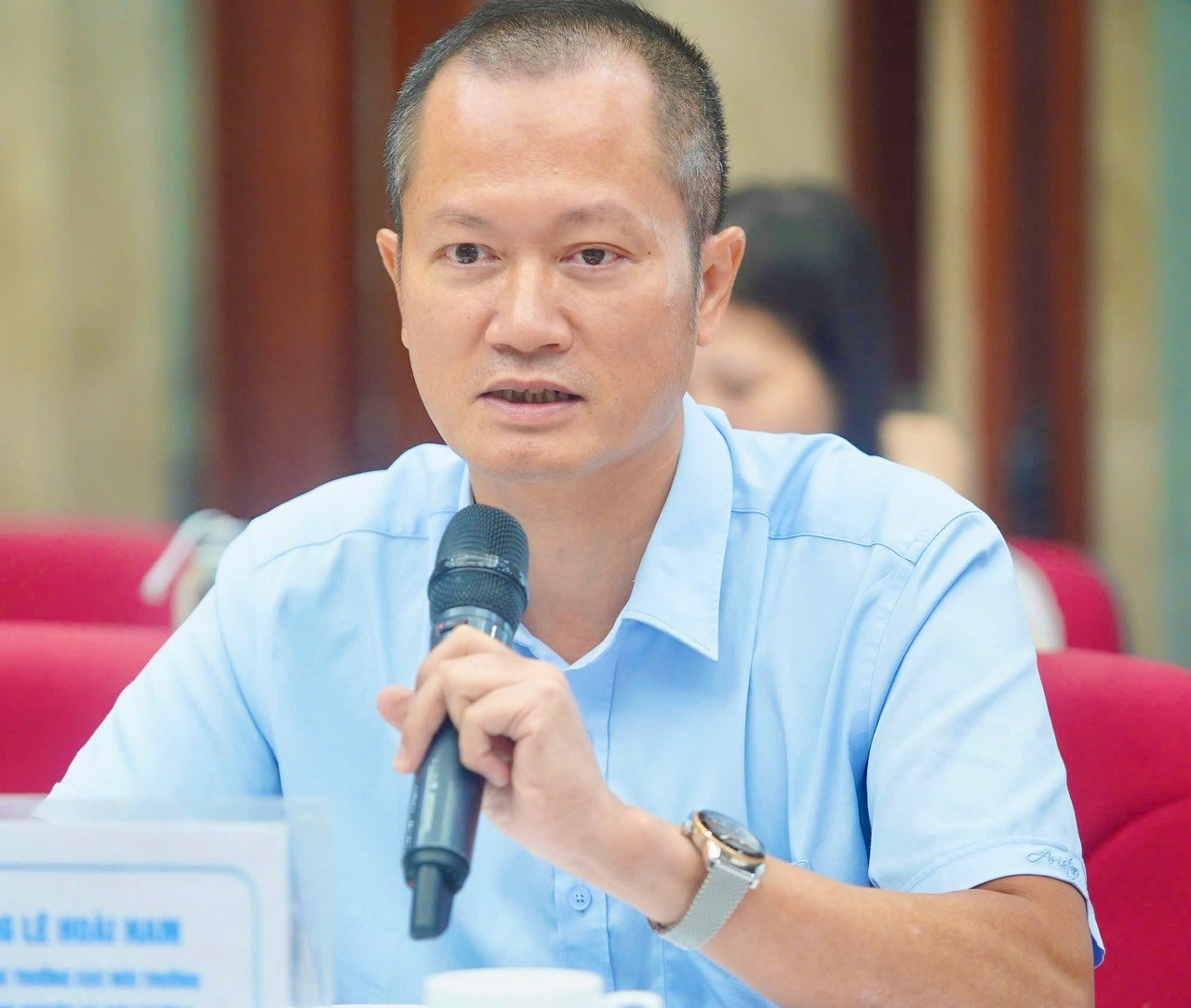
Mr. Le Hoai Nam, Deputy Director of the Department of Environment, Ministry of Agriculture and Environment.
Vietnam has been steadily improving its legal framework for green labels. The 2014 Law on Environmental Protection categorized two groups of environmentally friendly products: those with the Vietnamese Green Label certification and eco-friendly plastic bag packaging. To implement these regulations, the Ministry of Natural Resources and Environment has issued criteria for products to obtain the Green Label certification and defined two types of eco-friendly plastic bags: biodegradable and recyclable.
While these regulations have been implemented, the number of labeled products remains low due to businesses’ lack of investment in resources and technology to meet the criteria. Additionally, there is a need for more specific policies and incentives for businesses, as well as further clarification of the laws through subordinate legal documents.
For instance, the law includes an environmental tax of VND 40,000/kg on non-biodegradable plastic bags. This measure aims to discourage the production of environmentally harmful bags and encourage the use of biodegradable alternatives. However, in practice, there are challenges, and small businesses or households may find ways to avoid this tax, leading to uncontrolled production.
Banning Single-Use Plastics: A Necessary Step
Mr. Nam believes that vigorously implementing solutions will motivate businesses to produce greener products and raise consumer awareness.
Firstly, it is crucial to enforce mandatory regulations to prohibit or restrict products that pose a risk to the environment. A notable example is the government’s issuance of Decree 08 in 2022, which outlines a clear roadmap to phase out environmentally harmful products.
According to this decree, from December 31, 2030, onwards, Vietnam will completely ban the production and consumption of single-use plastic products and non-biodegradable plastic packaging. This is a bold move, and we have about three to four years to prepare for its full implementation.

Rice straws produced by a group of students.
By early 2026, local authorities will be responsible for implementing programs to ban single-use plastic packaging in supermarkets, shopping malls, and hotels in tourist areas.
“In the coming time, both central and local government agencies will urgently work on this, and businesses will also hasten their transition to provide alternative products for the market,” said Mr. Nam.
Additionally, economic policies, including taxes and fees, play a crucial role. The Law on Environmental Protection Taxes has been enacted, and the Ministry of Finance is working on amendments to include a broader range of environmentally harmful goods. There are also plans to provide credit incentives for businesses producing green products, ensuring access to cheaper capital.
Furthermore, given the small scale of the eco-labeled product market, the representative from the Ministry of Agriculture and Environment emphasizes the need for government leadership in policy implementation. While the Law on Bidding already prioritizes environmentally friendly products in public investment projects, stronger government directives are required to ensure effective execution.
This discussion was organized by Tien Phong Newspaper in collaboration with the Department of Environment (Ministry of Agriculture and Environment) on August 27, with the participation of state management representatives, experts, associations, and businesses directly involved in producing and trading eco-labeled products.

